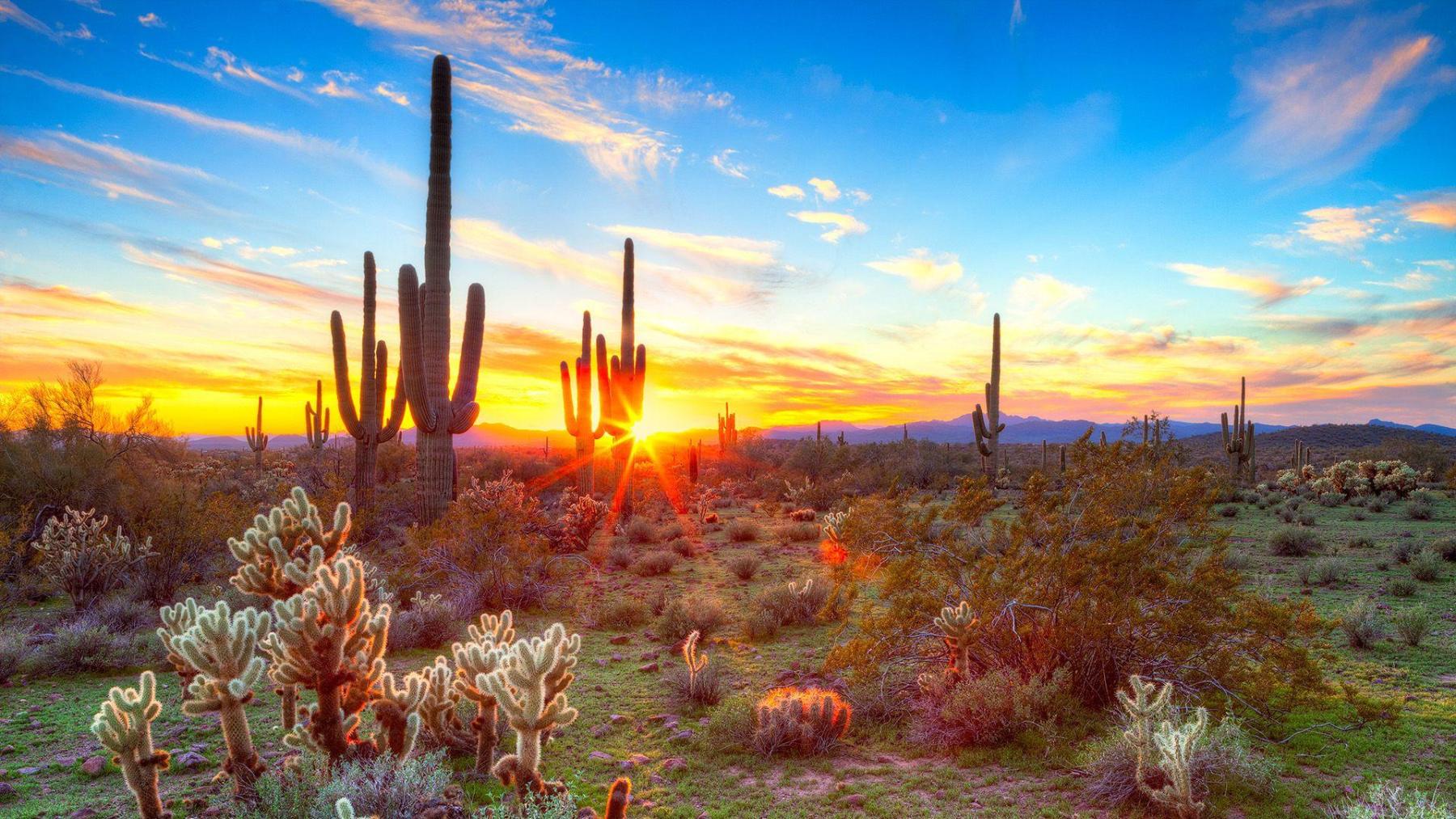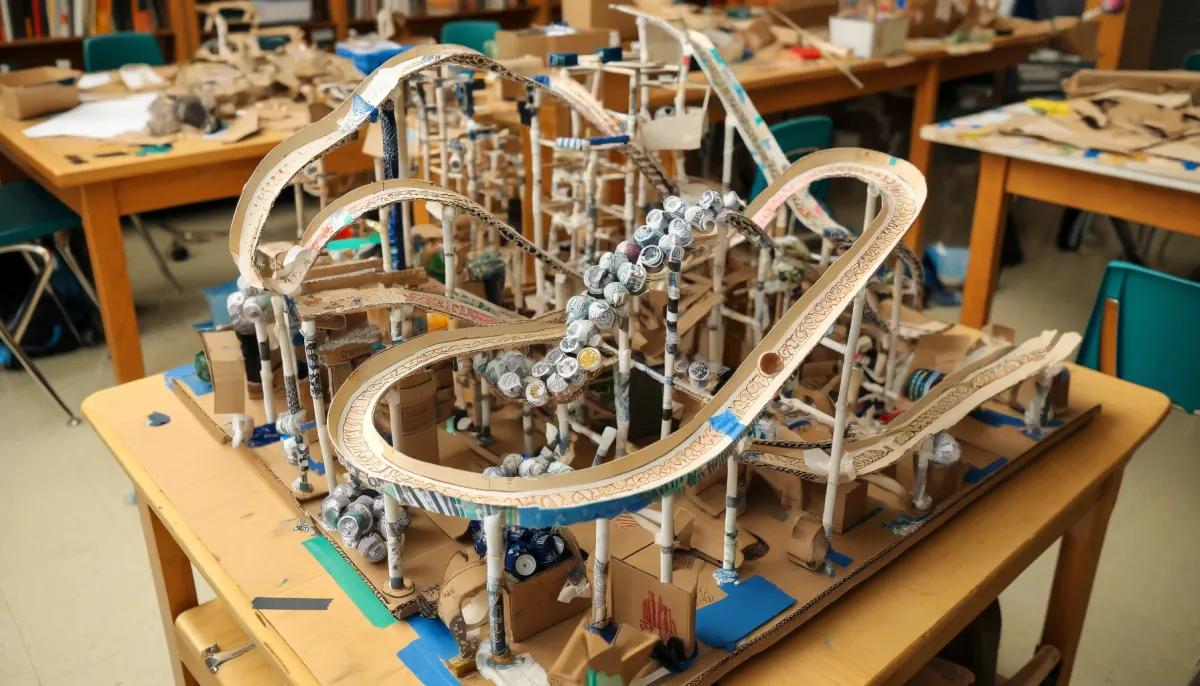
Comparing Pollution Data: Outdoor Air Quality in Four Southwestern States of the US
by [node:author:field_name_first] [node:author:field_name_last]
Over the course of three class sessions, spanning 90 minutes each, students will engage in an immersive project focusing on the outdoor air quality prevalent in four states situated in the southwestern region of the United States. Throughout this project, they will delve into a comparative analysis of air quality metrics, examining how various factors contribute to the differences observed.
Emphasizing the significance of air quality on both human health and the broader environment, students will explore its implications through discussions and research. To aid in their exploration, students will become acquainted with credible online resources, including those provided by governmental agencies, environmental advocacy groups, and esteemed scientific institutions. By leveraging these resources, students will gain a comprehensive understanding of the complexities surrounding air quality and its multifaceted impacts.
Lesson Plan Link/URL
https://docs.google.com/presentation/d/1Z3Qw4urqrIHTKLY7oIz1FKQDPdMyxRpJ/edit?u…Subject Area
Science Earth and Space Science E1: Earth Systems Technology 3. Knowledge Constructor Mathematics Measurement and Data (MD) English Language Arts (ELA) Reading (Literature) Reading (Informational Text) Writing Speaking & Listening
Featured
Off
Related Content

Grades:
7th Grade, 8th Grade, 9th Grade, 10th Grade, 11th Grade, 12th Grade
This lesson is a whole unit on energy. It can be broken up into 10 separate lessons. I chose to put them all together so that it was easier to see how I organized them so you did not have to search

Grades:
7th Grade, 8th Grade, 9th Grade, 10th Grade, 11th Grade, 12th Grade
Students will apply principles of design, engineering, and mathematics to create a physical or digital labyrinth inspired by the myth of Theseus. This project integrates STEM concepts with literature

Grades:
9th Grade, 10th Grade, 11th Grade, 12th Grade
This is the second lesson in a series of 2. In this lesson, students will learn about what watersheds are and then take a tour of the school campus looking at it through the lens of being a watershed